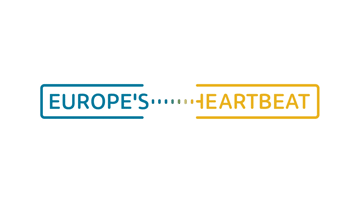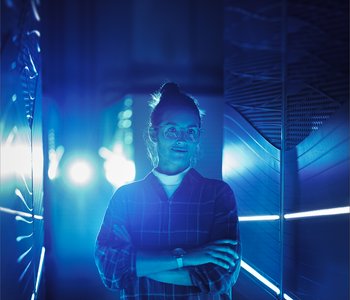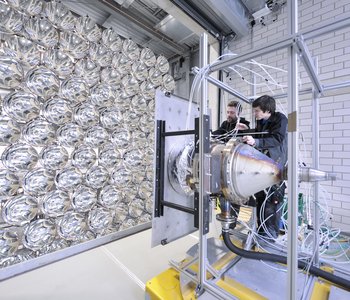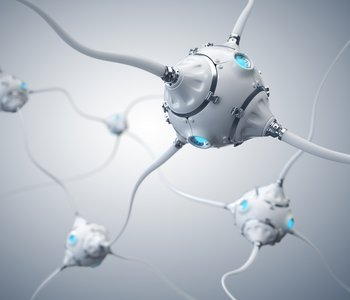Although many still think first of Berlin when it comes to startups in Germany, NRW is actually considered one of the top locations for domestic and international startups throughout Europe. With its large market, broad university and research landscape, and outstanding talent, the state offers the best conditions for innovative business models and forward-looking projects – from startups, spin-offs, or even unicorns.
According to the German Startup Monitor 2025, around 19 percent of all German startups are based in NRW. Every day, 1.3 companies are founded here – which means that NRW is more synonymous with innovation than almost any other federal state. Young companies benefit in particular from the strong networking structures and entrepreneurial concentration when developing their business model: Today, around 65 percent of all startups in NRW already generate more than 50 percent of their sales in the B2B sector.
The state of NRW places a strong focus on promoting a dynamic startup landscape, because innovative ideas are of enormous importance for the future viability of the location, for example in the energy transition or in the conversion to a climate-neutral industry.
From regional digital hubs to numerous accelerator programs and financing and funding opportunities to lively networking events, matchmaking and communities – NRW's startup ecosystem offers a close-knit support system for all eventualities. Find out more here!











